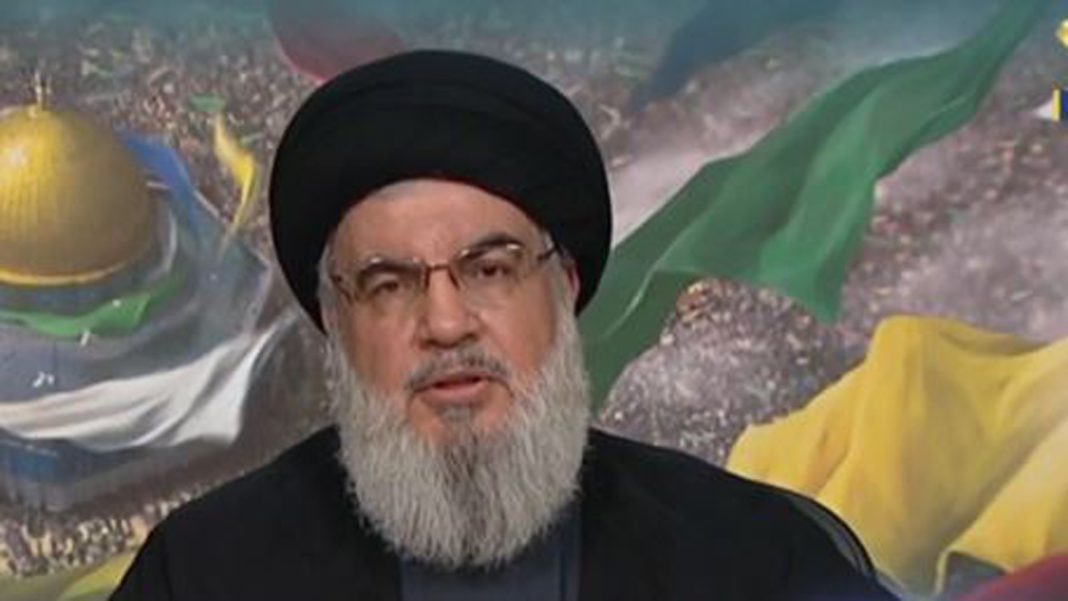On September 27, Brazil’s Supreme Court delivered a significant ruling concerning the social media platform X, owned by Elon Musk, imposing an additional fine of $1.8 million on the company. This hefty penalty comes on top of existing fines totaling $3.4 million, all of which must be settled before X can resume its operations in Brazil. The ruling, authored by Judge Alexandre de Moraes, was prompted by a troubling incident where X briefly reactivated its services in the country on September 19 and 23, despite an ongoing court-ordered ban.
This temporary accessibility was perceived by the court as an attempt by X to sidestep the suspension by migrating its services to new servers—a move that raised serious concerns about compliance with Brazilian law. In his decision, Judge de Moraes underscored that X and its legal representative, Rachel de Oliveira Villa Nova Conceicao, must adhere to several stringent conditions prior to lifting the ban. These requirements include immediate payment of the new fine, proof of payment for previous penalties, and a settlement of a $55,000 fine levied against the company’s new legal representative.
Adding another layer of complexity to the situation, Judge de Moraes indicated that frozen assets belonging to X and Starlink—another Musk-owned entity—could potentially be utilized to cover these fines. However, this would only be permissible if Starlink agrees to withdraw its pending appeal concerning the asset freeze.
The backdrop to this legal tussle is X’s suspension in Brazil, which has been in effect since mid-August. The suspension was triggered by the platform’s refusal to block certain user accounts accused of disseminating misinformation and hate speech. In light of recent developments, X has reportedly taken steps to align itself with the court’s demands, which include blocking the contentious accounts and appointing a Brazil-based representative.
The ongoing saga has ignited broader discussions about social media governance, free speech, and the judiciary’s role in regulating digital content in Brazil—a critical market for X. Critics, including various advocacy groups, argue that the suspension is emblematic of a worrying trend towards censorship. The Alliance for Defending Freedom International (ADF) has characterized Brazil’s approach as one of the most oppressive censorship cultures in the Western Hemisphere, warning that such practices could proliferate across the West.
Jeremy Tedesco, ADF’s senior vice president of corporate engagement, articulated these concerns in a statement, asserting that “heavy-handed government censors will use whatever tool [is] at their disposal to chill speech” and that the fines imposed on individuals accessing disfavored platforms through VPNs exemplify this chilling effect. He cautioned, “The censor knows no bounds, and we must resist every attempt to trample our precious free speech rights.”
In contrast, Brazilian authorities justify their actions as essential for enforcing compliance with legal orders. Musk and X’s global government affairs team have vehemently criticized Judge de Moraes’s directives, labeling them as unlawful encroachments on free speech.
This legal battle not only underscores the contentious relationship between social media companies and governmental regulations but also raises pertinent questions about the balance between maintaining order in digital spaces and safeguarding individual rights. As the situation unfolds, the outcome could set significant precedents for the future of social media governance in Brazil and beyond, making it a focal point for discussions on digital rights and freedoms in the modern age.

